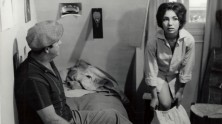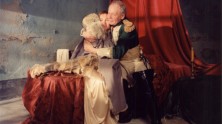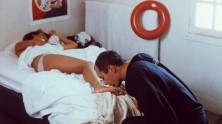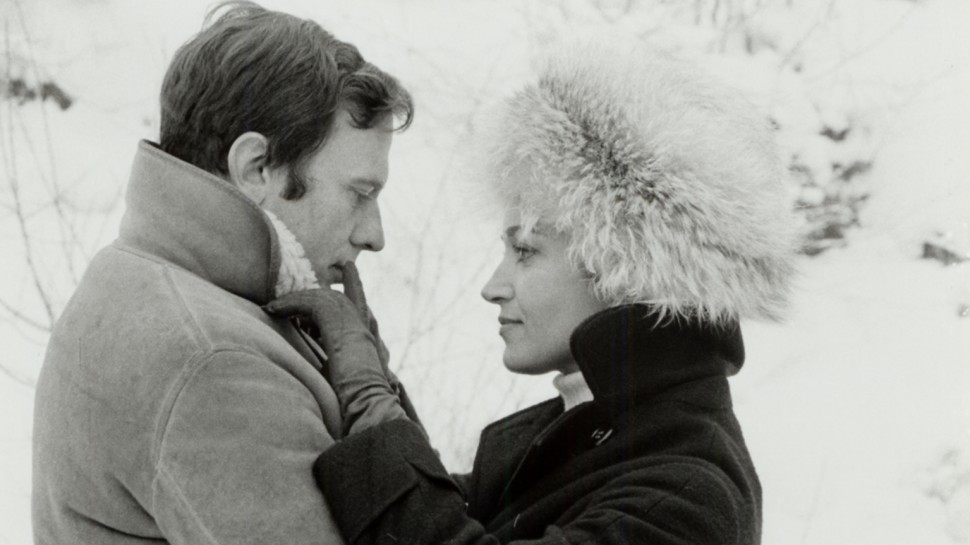
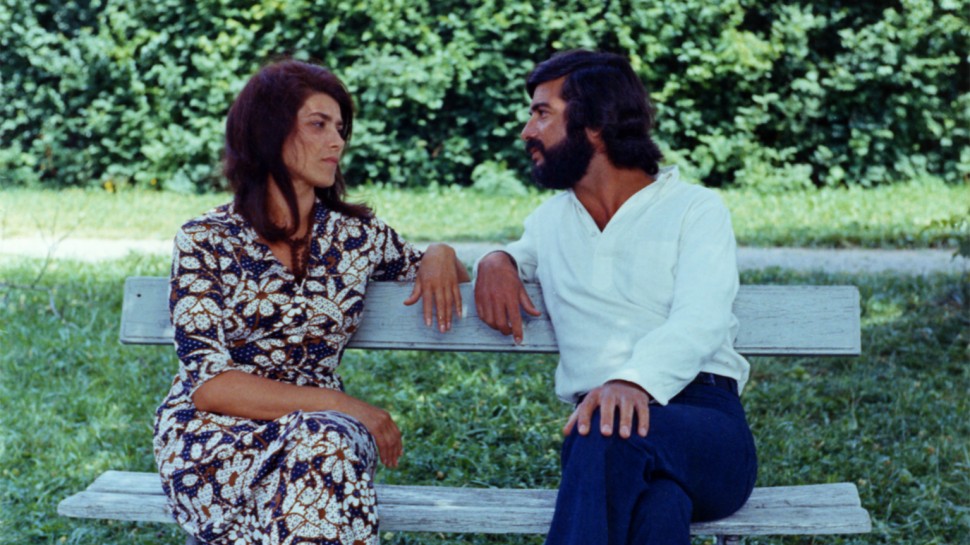

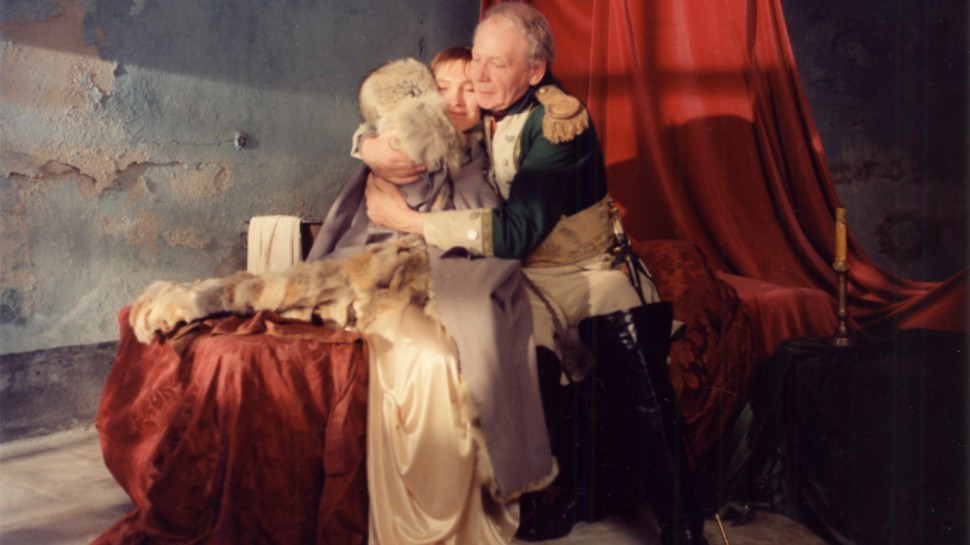
The Human Comedies of Eric Rohmer
The death earlier this year of Eric Rohmer – the filmmaking pseudonym for Maurice Schérer (1920-2010) – brought to a close one of the longest and most celebrated careers in French cinema. Like many of his New Wave colleagues, Rohmer was a film critic first, beginning in 1948, before serving on the editorial board of Cahiers du cinéma in the late 1950s and early 1960s, the same period during which he began making short films with a group of friends that included Jacques Rivette and Jean-Luc Godard. He made his first feature, The Sign of Leo, in 1959, but its failure with audiences and critics led to an atypical pause in his prolific career, with Rohmer’s second feature, La Collectioneuse, not appearing until 1966. The success of this second film enabled Rohmer to quickly make a follow-up, My Night at Maud’s, which went on to international acclaim and assured his career as the elder statesman and skeptical sage of the New Wave.
In spite of the popular misconception that Rohmer’s films are “slow,” they are assuredly narratives, affectionately focused, in general, on the lives and loves of the mostly young and attractive, with almost all of them running under a brisk two hours. They are also primarily comedies grounded in the sympathetic observation of human foibles, particularly the prickly connection, or lack thereof, between professed beliefs and behavior. The emphasis placed on spoken dialogue in Rohmer’s films has led some to claim his filmmaking is “uncinematic.” In fact, Rohmer’s classical approach to filmmaking makes the dialogue a crucial part of the image, rather than subordinating the image to words. It comes as no surprise that two of Rohmer’s major influences are Jean Renoir and Howard Hawks, two masters at creating exciting cinema from the encounters between characters whose life essence is expressed through the spoken and sung word – a vision of the cinema shared by Rohmer and his colleague Godard in which speech is most definitely an act. Although visually Rohmer remained a classicist, uninterested in widescreen or elaborate camera work, his films are also graced with a luxuriant visual beauty, especially those made in collaboration with famed cinematographer Nestor Almendros.
The failure of The Sign of Leo had the benefit of forcing Rohmer to think pragmatically about the sustenance of his career, leading to the decision that by presenting his films as a series, he could build an audience for them. After grouping two shorts and four features as “Six Moral Tales” in the 1960s, Rohmer created the “Comedies and Proverbs” from six of the seven films he made in the 1980s before ending with “Tales of the Four Seasons,” made during the 1990s. Taken together, Rohmer’s oeuvre is as rich in character and insight as the vast cycle of novels by Balzac, one of his favorite authors, and it could be labeled with the name that Balzac gave his cycle: “The Human Comedy.”






